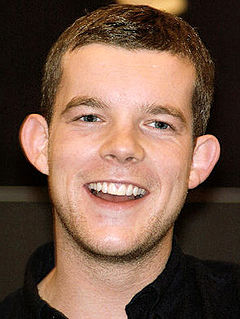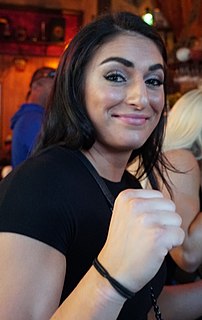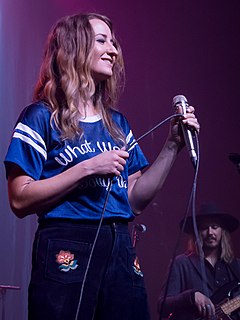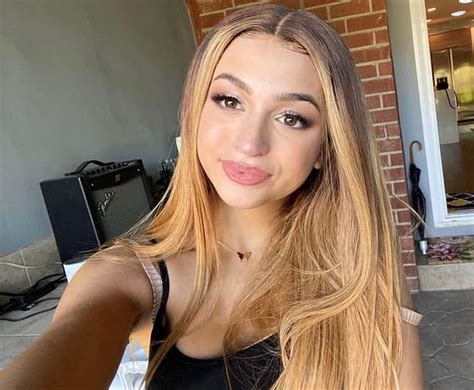A Quote by Beth Ditto
I think if the world were a fair and just place, there wouldn't even need to be a gay label.
Related Quotes
People clearly want to believe that the world is a just and fair place. It provides them a sense of control and makes them psychologically comfortable. But believing that the world is a just and fair place causes people to not do enough to take care of themselves and to be unprepared for when it isn't so nice. So, people need to understand their tendencies to see the world as just and fair and then be realistic about the actual conditions in which they find themselves.
If gay marriage is a real thing, gay infertility must be a real thing. It's not fair. I mean, it wasn't fair they couldn't get married, and now it's not fair that they can't have babies, even though they're not infertile, that doesn't matter. And so there must be access to infertility insurance for married gay couples, if our culture and if our society is to be fair and equal for one and all, and it is coming, and don't laugh about it.
There are tons of gay issues that are important, from gay marriage to adoption rights to work-place discrimination and more... but I think the biggest gay issue is the level of involvement of the gay community to demand change. So many gays think that other gays will take care of it. To fix this, people need to realize that they CAN make a change, but no one person can do it alone.
The ball scene was never really only gay people. I think people have this notion that if there's a man hanging around a gay man, he must be gay, but that's just stigma. Back in the day, it was the same; there were lots of different people there: gay, straight, whatever. They did not care what they were called because they knew who they were.
I think I was probably looking for gay role models when I was younger, before I even knew or thought I was gay. I didn't really make the connection that they were gay, but I felt drawn to them because they were going against the grain, and I knew there was something that they had that everybody else didn't have. It was an edge.
I think different societies, cultures, individuals, teams of people, make the world a better place. The founding fathers, they made New England, they made those 13 colonies. I don't know if they thought they were changing the world or just changing their world, but they did make the world a better place. Doctors that cure patients or cure diseases or make discoveries, they're making the world a better place. Can I make the world a better place by selling underpants? Not really. That's just the means. That gives me resources to try to make the world a better place.
You think you're in a place where you're all 'I'm thrilled to be gay, I have no issues about being gay anymore, I don't feel shame about being gay,' but you actually do. You're just not fully aware of it. I think I still felt scared about people knowing. I felt awkward around gay people; I felt guilty for not being myself.
A flash of resentment. It's hard enough being alive, trying to survive in the world and find your place in it, to do the things you need to do to get by, without wondering if the thing you just did, whatever it was, was worth someone having...if not died, then having given up her life. It wasn't fair. "Life's not fair," said Ginnie, as if I had spoken aloud.
I think, almost, the film industry thinks that by making gay characters super masculine, it's an attempt at saying being gay is OK if you act like straight people. I don't think we should just have gay characters who are 100 percent femme, either. I just think it's about that mix and creating more diverse gay characters.
I push back against a deeply-entrenched tendency in American culture to label quickly and no longer even examine the labels that were initially stamped on a person. I don't have a problem with any of my "hyphenated" biography - I don't have any problem with that at all. The world would be a better place if our thread of hyphenation were truly embraced beyond mere naming and category.



































